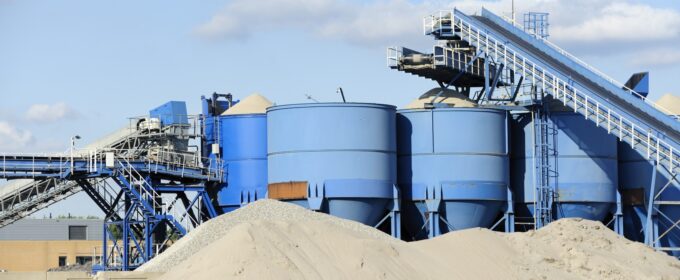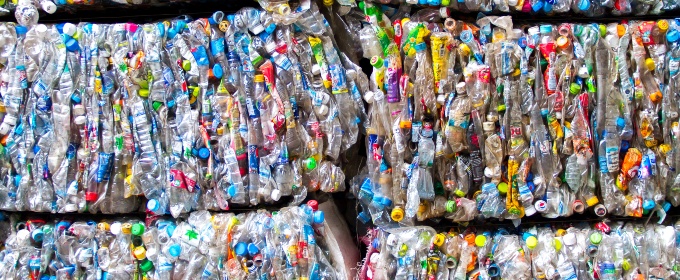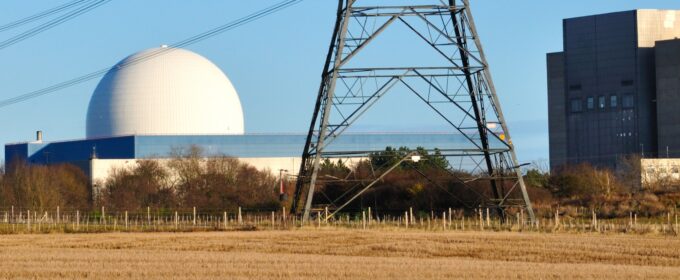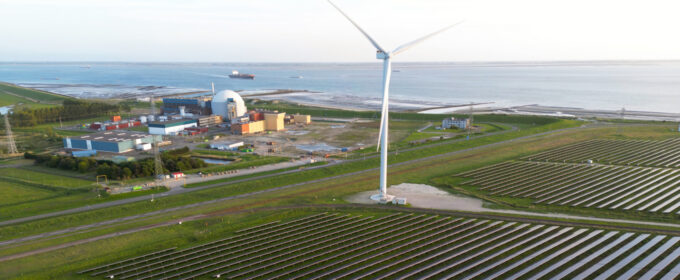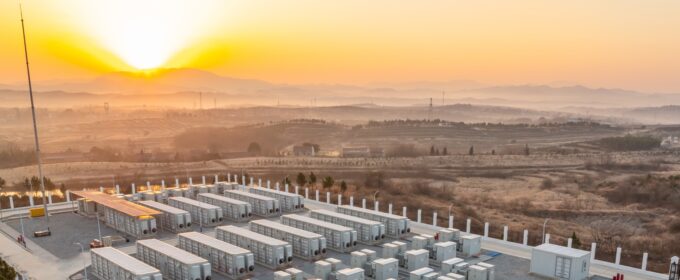The heating sector accounts for nearly one third of the UK’s annual carbon emissions. Despite the pressing need to achieve net-zero by 2050, decarbonisation of the heating sector in the UK faces significant challenges. The previous UK government’s delay in curtailing oil and gas projects in the North Sea has served to divert focus away […]

